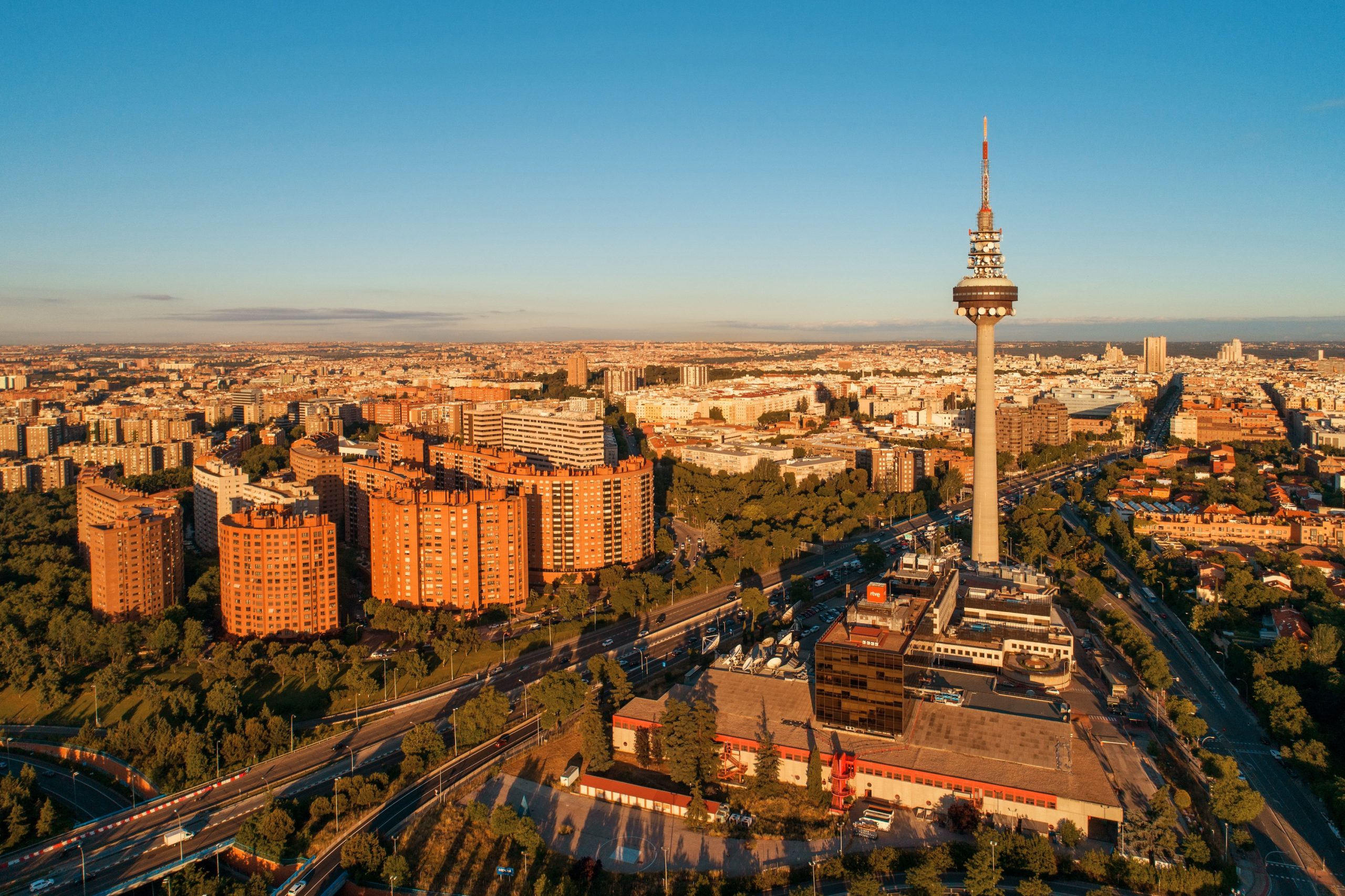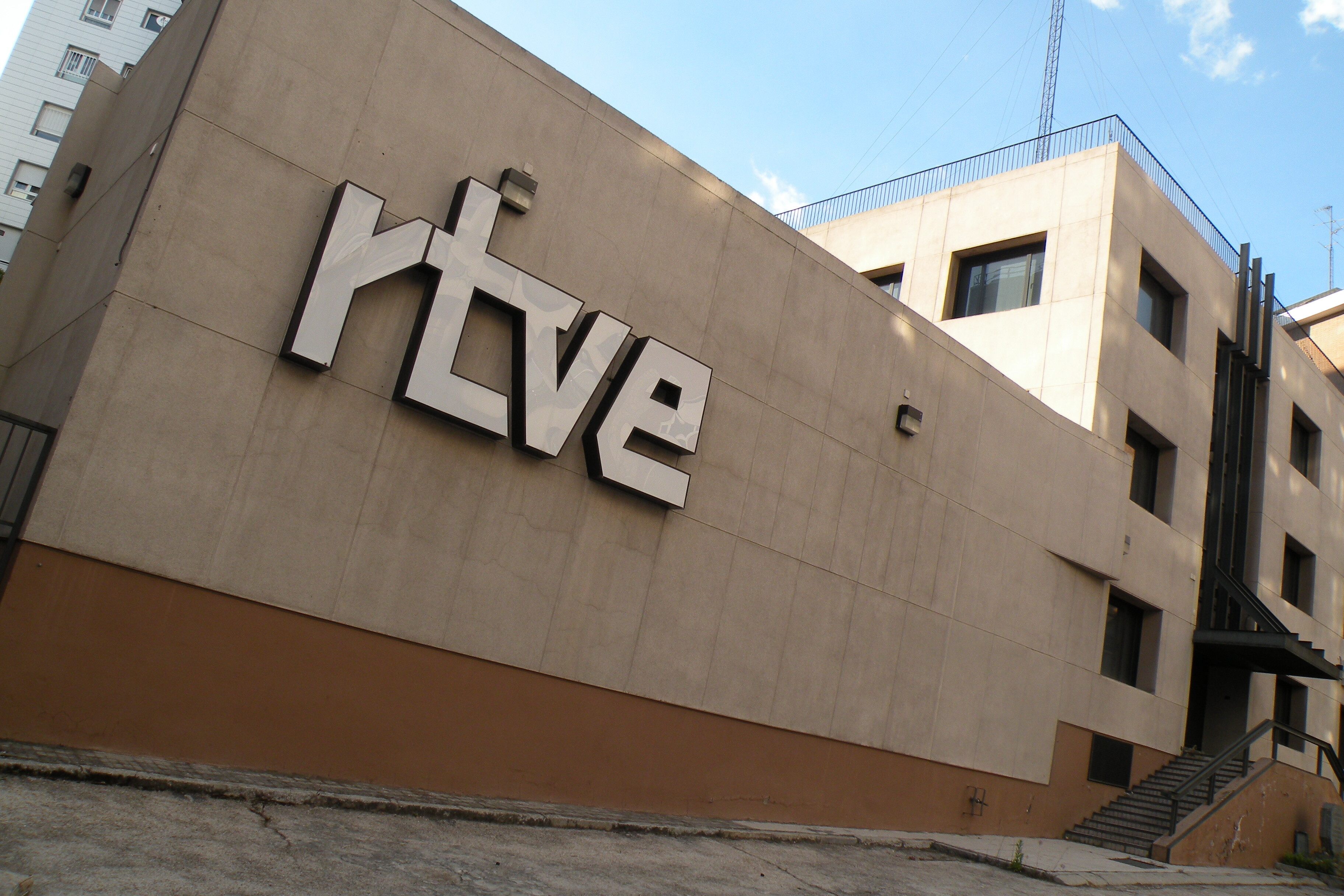From funding proposals to consultations on its future, the Spanish public broadcaster has undergone significant developments since the election of its new board in March.
In late March, Corporación de Radio y Televisión Española (RTVE) installed a new board after more than three years in limbo. José Manuel Pérez Tornero – an academic who has publicly advocated for public media – was formally installed as President and would lead the 10-member board. However, the election process faced much criticism and led to questions about the broadcaster’s independence: At the time, all 10 board members had been linked to political parties and only three of them were scored in the top 20 positions in the public tender.
Read more: RTVE: Questions of independence remain despite new board
But it hasn’t been a quiet four months for Spain’s public media since the contentious election, with a push to regain relevance and further administrative changes. Here, we take a closer look and pull together the latest developments.
Regaining relevance
In April, new RTVE President José Manuel Pérez Tornero announced that a public consultation would be launched so that citizens could debate “the future of public service” at RTVE. According to Tornero, the consultation would not only create a new image of RTVE as being “more inclusive, more coherent, [and] more participatory”, but would also contribute to a new social contract with citizens.
This newly proposed social contract fits into an important element of RTVE’s future: improving its relevance among audiences. RTVE’s flagship television channel, La 1, recorded its second consecutive historical low with a market share of 8.2% in May 2021. The new board has stated its goal of increasing the public broadcaster’s audience share and its relevance by offering more quality entertainment and improved journalism that adds greater depth and value.
“A public service that does not have an audience does not make sense,” Tornero was quoted as saying in an El País report. “We plan to innovate and renew faces, both our own and those of experts and collaborators, giving a boost to experts and calm debate and not to constant polarisation.”
“A public service that does not have an audience does not make sense,
RTVE has also entered into an agreement with the Federation of Autonomous Radio and Television Organisations (FORTA) to strengthen the position of public media audiovisual services by jointly developing and acquiring production projects and audiovisual content.
Meanwhile, the public consultation also forms part of a new framework mandate – a legal instrument that outlines RTVE’s public service function and operations, including its programming and financing objectives. The first mandate came into effect in January 2008 and was scheduled to run until 2017 but it has been extended. The creation of an inter-institutional working group for the renewal of the framework mandate has been proposed.
RTVE’s finance
RTVE has been plagued by declining funding for several years. Its financial woes have been said to threaten its future, with former administrator Rosa María Mateo emphasising the importance of stable funding for RTVE’s independence.
Most recently, the Spanish government revealed a proposal that would force streaming platforms such as Netflix to contribute 1.5% of their revenues to help finance RTVE. The obligation of international streaming services to help finance RTVE was heavily demanded by Spanish commercial broadcasters and telecommunications operators who are already subjected to a direct tax to support RTVE. The proposal was part of the country’s new draft audiovisual law and was expected to give the public broadcaster more leeway in how it raises money. It was also expected to provide more opportunities for advertising and sponsorship around content by allowing RTVE to sell advertisements on digital platforms that host content post-broadcast.
The proposed funding change comes amid RTVE’s worsening economic situation. According to Tornero, the public broadcaster lost €31.6 million in 2020 compared to €29.6 million in the previous year. Meanwhile, the company accumulated €184.1 million in debt in the first quarter of 2021 and is expected to soon pay an additional €126.2 million in VAT.
In response to the funding issues, Tornero said the board approved a request for its own credit in the sum of €126 million. More Effective budget management is also part of RTVE’s plans.
“Whatever the parameter, we are not well endowed as a global entity either in terms of per capita income of the countries or in terms of personnel spending,” Tornero said.
Meanwhile, the outsourcing of programme development has become a sore point at RTVE, with staff calling for an end to the practice. Upon taking office as president, Tornero committed to largely ending outsourcing after months of demand from RTVE’s staff. At the time, he said that only formats that could not be produced in-house would be purchased. However, RTVE’s board faced serious backlash in July when it was revealed that the programme, Las Cosas Claras, was outsourced. Unions denounced the move and said that informative programmes were solely the responsibility of in-house staff, as outlined in the broadcaster’s framework mandate.
“From our group we request that all necessary efforts be made to reduce outsourcing in all the programming of the different CRTVE broadcasting channels…” RTVESinPersonal, a workers’ group that advocates heavily for in-house productions, said.
Administrative changes
In May, RTVE’s board of directors unanimously approved the restructuring of the corporation’s organisational chart and the appointment of top-level managers. The new structure completely removed the directorships of TVE (RTVE’s television division) and RNE (the radio division) and instead launched an audiovisual department to assume the functions of the previous directorships.
“The new organisational structure…is divided into large areas of transversal content, which constitutes an organisational model designed to simplify and at the same time increase the effectiveness of RTVE,” the broadcaster said in a release. Following the announcement, RTVE.es (the digital division) expressed its concern that RTVE’s digital services were not taken into consideration with the organisational changes.
“Last January, during the Consultative Commission on Appointments in the Congress of Deputies, the current president recognised the importance of digital… Given this statement, we do not understand how this council has not been taken into account when announcing the changes in the organisation chart, how these will affect RTVE Digital, and if these new appointments have among their priorities the essential work carried out in our area,” RTVE.es said.
Since then, RTVE has made several appointments, including a new director of TVE News and a new director of Territorial Centers. However, some of its appointments have been mired in controversy. Notably, the appointment of Mamen del Cerro as the Director of Informative Content and the subsequent reversal of her appointment mere weeks later, drew calls for an explanation from the RTVE News Councils. In announcing the reversal, RTVE said, “The presidency of RTVE has decided not to formalise the appointment of Mamen del Cerro as Director of Informational Content due to the differences that have arisen in the preparation of the organisation chart of the Information Services of Radio Televisión Española.” But the News Councils are still calling for greater transparency on the appointment process. Esteve Crespo, the former Director of Territorial Centers, has since been proposed and approved for the post of Director of Informative Content.
“At this time, we do not know the degree of independence with which both parties have been able to act, but it is our obligation to remember that any professional in this house must always work under this premise,” they said.
Header Image: Torrespana or Spain Tower is a television tower for National terrestrial television channels RTVE, Telecinco, Antena 3 and Telemadrid. Credit: Songquan Deng/Shutterstock
Related Posts
1st April 2021
RTVE: Questions of independence remain despite new board
RTVE has installed a new board after…
29th January 2021
Spain: RTVE management issues remain unresolved amid financial concerns
Three years after Congress approved a…

